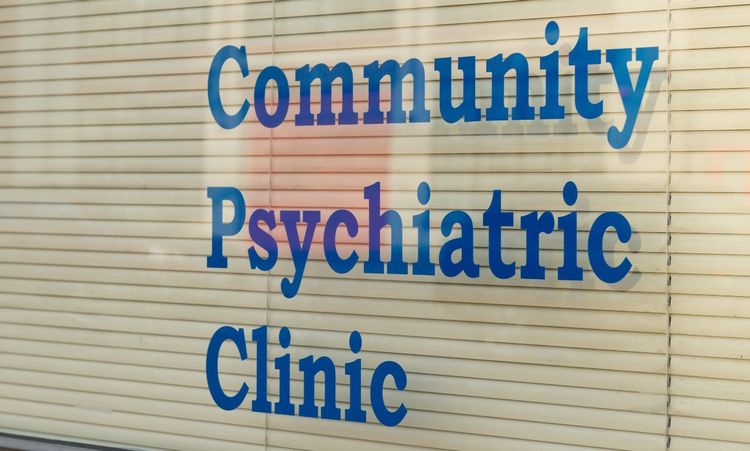Navigating life’s journey becomes especially challenging when you’re grappling with depression. The weight of persistent sadness, lack of motivation, and overwhelming fatigue can cloud your sense of purpose, making it difficult to identify what truly excites and fulfills you. However, finding your passion during these difficult times is not only possible but can also serve as a beacon of hope and a catalyst for recovery.
In this comprehensive guide, you’ll discover innovative strategies and insights on how to find your passion when you are depressed. This exploration goes beyond the conventional advice, offering fresh perspectives and practical steps to help you reconnect with your inner desires and aspirations.
Acknowledge the Challenges of Depression
Depression is more than just feeling sad; it’s a complex mental health condition that affects your thoughts, emotions, and daily functioning. Acknowledging the presence of depression is the first critical step toward healing and rediscovering your passions. Understanding that depression can sap your energy, reduce your interest in activities you once loved, and distort your perception of yourself is essential. By recognizing these challenges, you can begin to address them with compassion and strategic actions.
Understand the Impact of Depression on Passion

Depression can create a significant barrier to finding and pursuing your passions. It diminishes your motivation, saps your energy, and makes even simple tasks seem insurmountable. The fog of depression can obscure your interests and make you question your abilities, leading to a sense of stagnation and hopelessness. Understanding how depression affects your ability to connect with your passions allows you to develop targeted strategies to overcome these obstacles.
Explore Simple Joys Without Pressure
When you’re feeling depressed, the pressure to find a grand passion can be overwhelming and counterproductive. Instead, start by exploring simple joys that bring you a sense of calm and contentment. Engage in activities that require minimal effort and provide immediate gratification, such as:
- Taking a Walk: Nature can be incredibly therapeutic. Even a short walk can help clear your mind.
- Listening to Music: Music can elevate your mood and provide emotional relief.
- Reading a Book: Choose something light and enjoyable to stimulate your mind without pressure.
By allowing yourself to enjoy these small pleasures, you create a foundation upon which you can build towards discovering deeper passions.
Establish a Structured Daily Routine
A structured daily routine can provide the stability and predictability needed to manage depression and create space for passion exploration. Incorporate activities that support your mental health and leave room for discovering your interests:
- Morning Rituals: Start your day with a consistent routine, such as meditation or stretching.
- Set Specific Times for Activities: Allocate dedicated time slots for exploring new hobbies or revisiting old interests.
- Evening Wind-Down: Establish a calming bedtime routine to ensure restful sleep.
Having a routine can reduce anxiety and create a sense of normalcy, making it easier to focus on finding what you love.
Connect with Supportive Friends and Family
Building connections with supportive friends and family members is crucial when seeking your passion during depression. These relationships provide emotional support, encouragement, and sometimes new perspectives that can help you rediscover your interests. Engage with your support system by:
- Sharing Your Feelings: Open up about your struggles and your desire to find your passion.
- Participating in Group Activities: Join friends or family members in activities that interest you.
- Seeking Feedback: Ask for their insights on what they think might resonate with you based on your past interests and strengths.
Having a strong support network can make the journey towards finding your passion less daunting and more achievable.
Reflect on Previous Passions and Interests
Reflecting on past passions and interests can provide valuable clues about what might reignite your enthusiasm. Think back to activities or subjects that once brought you joy or a sense of accomplishment:
- Childhood Interests: Consider what you loved doing as a child. Sometimes, those simple pleasures can reignite your current passions.
- Past Hobbies: Revisit hobbies you may have abandoned due to life’s demands or depression. Rediscovering these can reignite your passion.
- High-Achievement Moments: Reflect on times when you felt particularly proud or fulfilled. Identifying common themes can help guide your current pursuits.
By exploring your history of interests, you can reconnect with activities that resonate deeply with you.
Experiment with New Activities
Venturing into new activities can open doors to undiscovered passions. Approach this experimentation with curiosity rather than pressure. Here are ways to try new things:
- Attend Workshops or Classes: Enroll in local or online classes to explore different subjects and skills.
- Volunteer: Giving your time to causes you care about can uncover new passions and provide a sense of purpose.
- Try Creative Outlets: Engage in creative activities like painting, writing, or music to express yourself and discover new interests.
Experimenting with diverse activities can help you identify what truly excites and motivates you.
Take Breaks and Allow for Downtime

Allowing yourself to take breaks and enjoy downtime is essential for mental health and creativity. Rest is not a sign of weakness but a necessary component for sustaining passion:
- Scheduled Breaks: Include regular breaks in your daily routine to rest and recharge.
- Mindfulness Practices: Engage in activities like meditation or deep breathing to relax your mind.
- Engage in Passive Activities: Enjoy activities that require minimal effort, such as watching a favorite show or taking a leisurely bath.
Taking time to rest can rejuvenate your energy and make you more receptive to discovering your passions.
Conclusion
Discovering your passion when you are depressed is a journey that requires patience, self-compassion, and strategic action. By acknowledging the challenges of depression, exploring simple joys, establishing a structured routine, and seeking support, you lay the groundwork for rediscovery. Reflecting on past interests, experimenting with new activities, celebrating small achievements, and maintaining a positive mindset further propel you toward finding what truly excites and fulfills you. Remember, this journey is unique to you, and it’s okay to take it one step at a time. With perseverance and the right strategies, you can uncover your passions and reclaim a sense of purpose and joy in your life.




